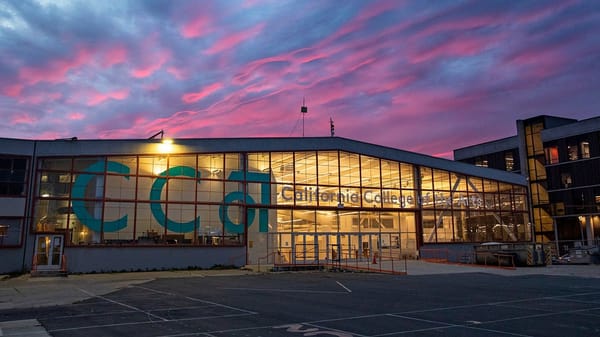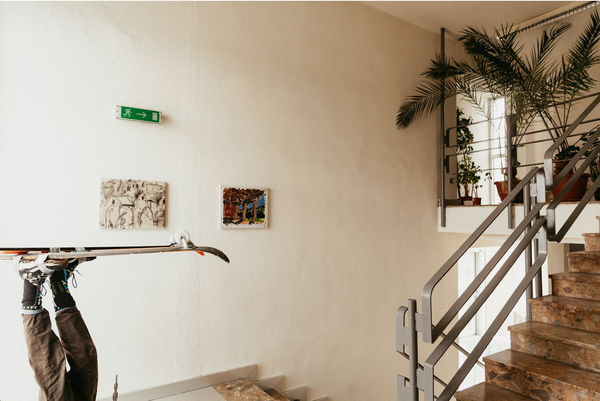Gen Z Mental Health & Art Therapy: Healing Through Expression
Discover how Gen Z uses art therapy to cope with anxiety, depression, and stress — from digital platforms to community-driven creativity.

Mental health has become a defining issue for Generation Z. Raised in an always-online world, exposed to constant global crises, and navigating the pressures of social media, this generation reports higher levels of anxiety, depression, and burnout than any before it. But in the middle of these challenges, Gen Z is turning to art therapy not just as a hobby, but as a lifeline. Creative expression, community-driven projects, and digital platforms are reshaping how young people cope, heal, and build resilience.
Why Mental Health Matters for Gen Z
Surveys show that over 40% of Gen Z adults report struggles with anxiety and depression. Social isolation during the pandemic, climate anxiety, political polarization, and economic precarity all contribute to this mental health crisis. Traditional therapy plays a role, but many young people also seek non-traditional outlets — and art therapy has become one of the most powerful.
What is Art Therapy?
Art therapy is a clinical practice that uses creative processes — drawing, painting, sculpture, or digital art — as tools for healing. Unlike simply “making art,” therapy sessions are often guided by trained professionals who help participants process emotions, manage stress, and improve self-awareness. For Gen Z, this aligns with a broader rejection of stigma around therapy and a desire for holistic approaches to well-being.
“Art allows emotions to flow when words fall short. For many in Gen Z, it feels safer to paint an anxiety than to describe it.” — Dr. Cathy Malchiodi, art therapist and author
How Gen Z is Redefining Art Therapy
1. Digital Platforms as Creative Clinics
TikTok and Instagram are full of trends where young people share their coping strategies through art — from “anxiety sketches” to collaborative digital murals. While not all of this content qualifies as therapy, it normalizes art as a form of self-care.
2. Community-Driven Creativity
Online communities like DeviantArt, Reddit’s r/ArtTherapy, and Discord art groups function as support networks. Gen Z artists use these spaces to share struggles, celebrate progress, and reduce feelings of isolation.
3. Art Meets Activism
For this generation, mental health is tied to identity and justice. Zine-making workshops, climate protest posters, and digital collages tackling social issues combine therapy with activism, giving participants a sense of purpose alongside emotional release.
Case Studies & Examples
- The Art Therapy Project (New York) runs programs for trauma survivors and has seen increased interest from Gen Z participants, especially those affected by social justice stressors.
- #MentalHealthArt on Instagram has over a million posts, many by Gen Z creators sharing illustrations of depression, anxiety, and recovery journeys.
- University Wellness Centers increasingly integrate art therapy sessions alongside counseling services, recognizing its unique resonance with younger students.
Why Art Resonates With Gen Z
- Visual Storytelling: Raised on memes and TikTok, Gen Z processes experiences visually, making art a natural outlet.
- Safe Expression: For those uncomfortable with traditional talk therapy, art provides a less intimidating entry point.
- Collective Healing: Sharing artwork online fosters connection and reminds young creators they’re not alone.
Challenges & Criticisms
While art therapy is powerful, experts caution against oversimplification. Not all artistic activity counts as clinical therapy, and self-led approaches can lack professional support. Accessibility also remains an issue: therapy programs can be costly and unevenly distributed.
The Future: Art as Preventive Care
As mental health challenges continue to shape this generation, art therapy may become as integral to self-care as journaling or meditation. Schools, workplaces, and digital platforms are already experimenting with integrating creativity into wellness programs. If embraced at scale, art therapy could move from niche to mainstream — helping Gen Z rewrite what mental health care looks like.
ART Walkway News





